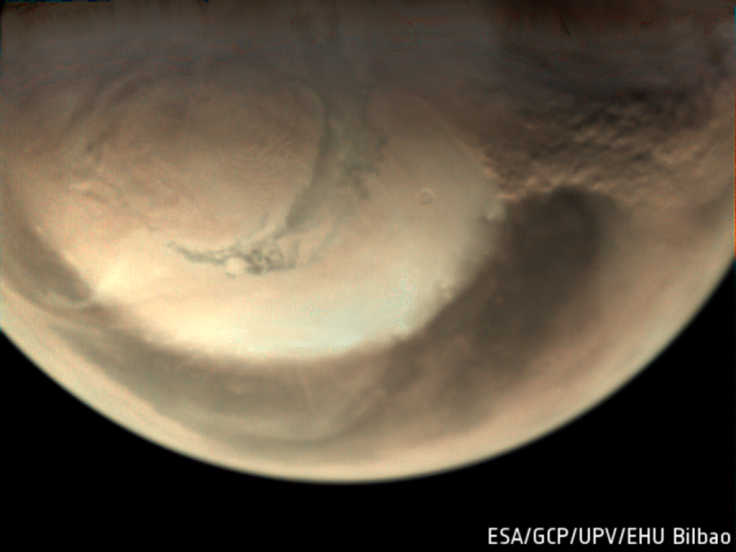NASA Consultant Slams Agency For Ignoring His Mars Alien Discovery

A consultant for NASA slammed the agency for deliberately ignoring the results of the experiment he handled that showed signs of alien life on Mars. According to the consultant, NASA refuses to conduct new life-detection tests on the Red Planet.
Engineer Gilbert Levin served as a principal investigator on NASA’s Viking missions, which sent two identical landers to Mars. For his role, Levin handled the missions’ biological experiments known as Labeled Release (LR). These experiments focused on identifying living microorganisms on Mars.
The experiments were sent to the Red Planet through the Viking 1 and Viking 2 missions in 1975. For the experiments, the landers collected soil samples from the Martian surface, which were then treated with a drop of dilute nutrient solution. The solution also contained radioactive carbon-14, which should metabolize if the samples contained microorganisms.
While analyzing the samples, four positive indications of life were discovered. Follow-up tests conducted on the samples proved that they contained traces of life.
“As the experiment progressed, a total of four positive results, supported by five varied controls, streamed down from the twin Viking spacecraft landed some 4,000 miles apart,” Levin wrote in Scientific American.
“The data curves signaled the detection of microbial respiration on the Red Planet,” he continued. “The curves from Mars were similar to those produced by LR tests of soils on Earth. It seemed we had answered that ultimate question.”
Despite the results of the LR experiment, the findings were discarded by NASA due to the agency’s previous experiment on Mars. The test, which was conducted before LR, did not detect signs of life. Instead, the test only discovered something that was imitating life.
Due to the results of the first experiment, NASA allegedly disregarded Levin’s findings from the Viking 1 and 2 missions.
For Levin, the results of the LR experiments should be enough to convince NASA to carry out new life-detection tests on Mars. Unfortunately, it seems this will no longer happen since according to the engineer, the agency has no plans of conducting biological experiments on the Red Planet in its future mission.
“NASA has already announced that its 2020 Mars lander will not contain a life-detection test,” Levin stated. “In keeping with well-established scientific protocol, I believe an effort should be made to put life detection experiments on the next Mars mission possible.”
© Copyright IBTimes 2025. All rights reserved.





















